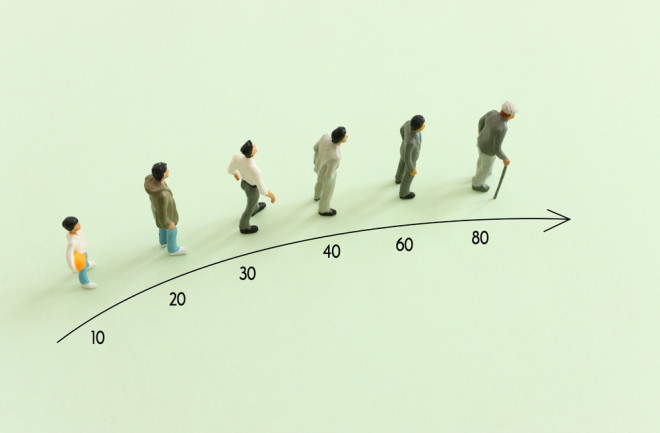In recent years, younger people have shared photos online of their older relatives from back in the day and questioned, did past generations age faster?
Why did 19-year-olds at Woodstock in 1969, for example, look a decade older than most 19-year-olds today? Or why did couples heading to their senior prom in 1988 look old enough for their 10-year reunion?
Plenty of answers have surfaced — people smoked more in the past, didn’t use sunblock, and sometimes chose hairstyles or clothing that seemed more aged.
But these photo swaps can be misleading. Although people might think younger Americans are aging more slowly, scientists have found younger generations are biologically aging faster, which can mean a greater risk for diseases.







